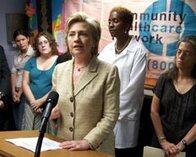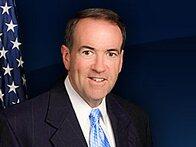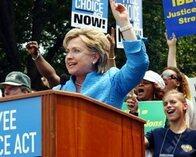New Hampshire: Romney 34% Giuliani 15% McCain 15% Huckabee 14%
In New Hampshire’s Republican Presidential Primary, the latest Rasmussen Reports telephone survey shows former Massachusetts Governor Mitt Romney with 34% support and a nineteen-point lead.




